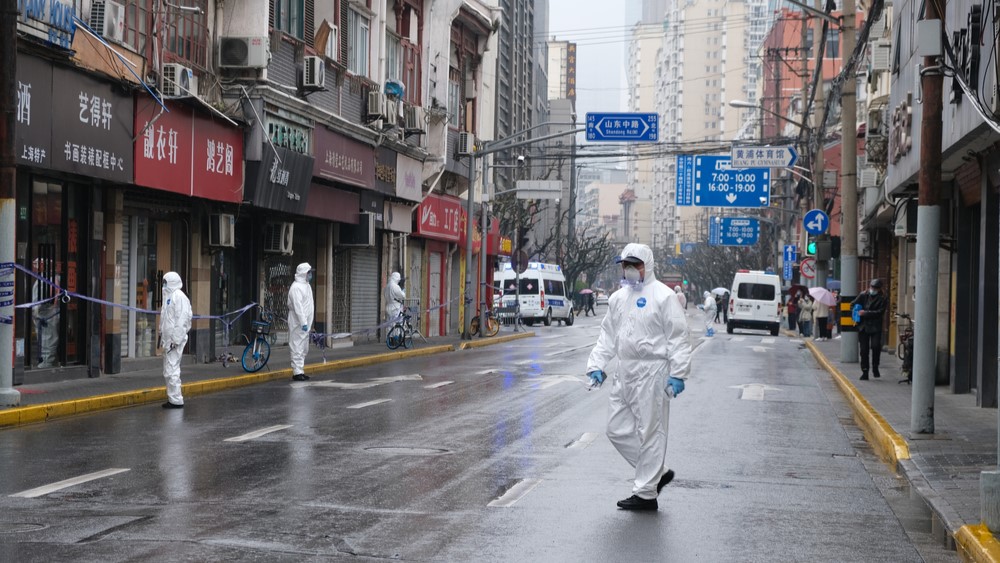More than 7,000 cases of a mosquito-borne virus have been reported in China’s Guangdong province since July.
Others are reading now
Authorities in China’s Guangdong province are scrambling to contain a fast-spreading outbreak of chikungunya, a mosquito-borne virus that has infected over 7,000 people since July.
The response has triggered memories of the Covid-19 pandemic, with strict measures reintroduced to stop the virus from spreading.
This was reported by BBC.
Patients Held Until Negative Test
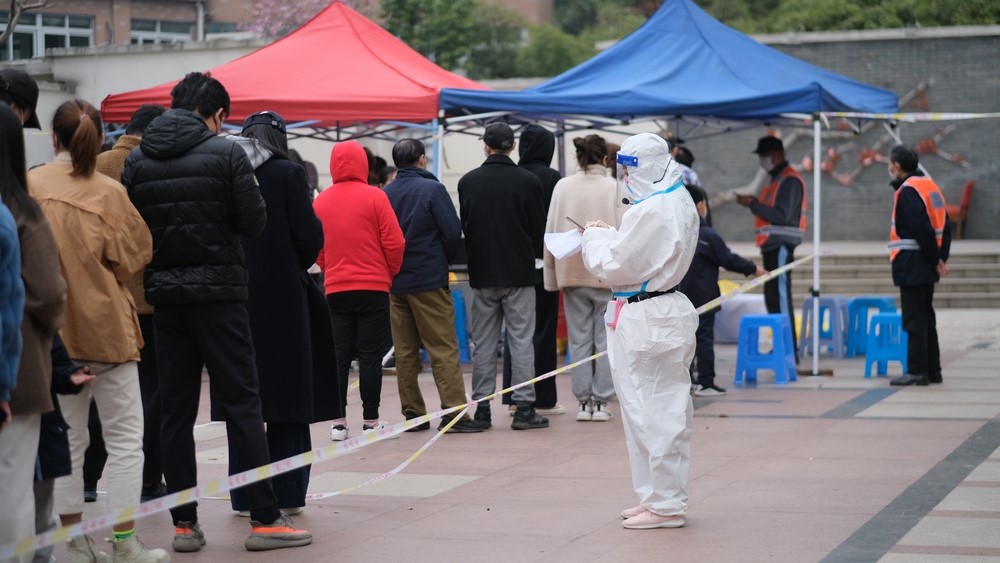
In the city of Foshan, the epicenter of the outbreak, patients diagnosed with chikungunya are being kept in hospitals under mosquito net-covered beds.
Discharge is only allowed after they test negative or complete at least seven days of hospitalization.
Also read
This precautionary approach is raising concerns about excessive restrictions, especially given that the virus is not transmitted from person to person.
Surge of Cases Sparks Global Travel Alert
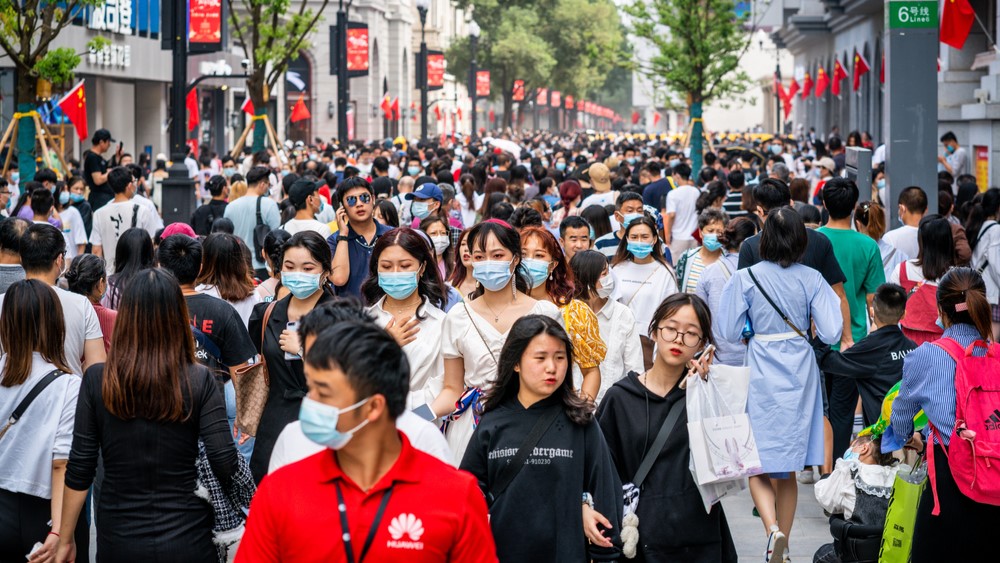
Chikungunya is relatively rare in China, but common in South and Southeast Asia.
The United States has now issued a travel alert advising caution for travelers heading to China.
In Guangdong, over 3,000 new cases were recorded in a single week, and the virus has already reached Hong Kong, where a 12-year-old boy became the city’s first confirmed case after visiting Foshan.
How the Virus Spreads and Why It’s Alarming

Unlike Covid-19, chikungunya spreads only through mosquito bites. However, once a mosquito becomes infected by biting a person with the virus, it can then infect others.
Also read
Symptoms typically include fever, severe joint pain, rashes, headaches, and muscle aches.
While most recover within a week, joint pain can linger for months or even years in severe cases.
From Fines to “Elephant Mosquitoes”
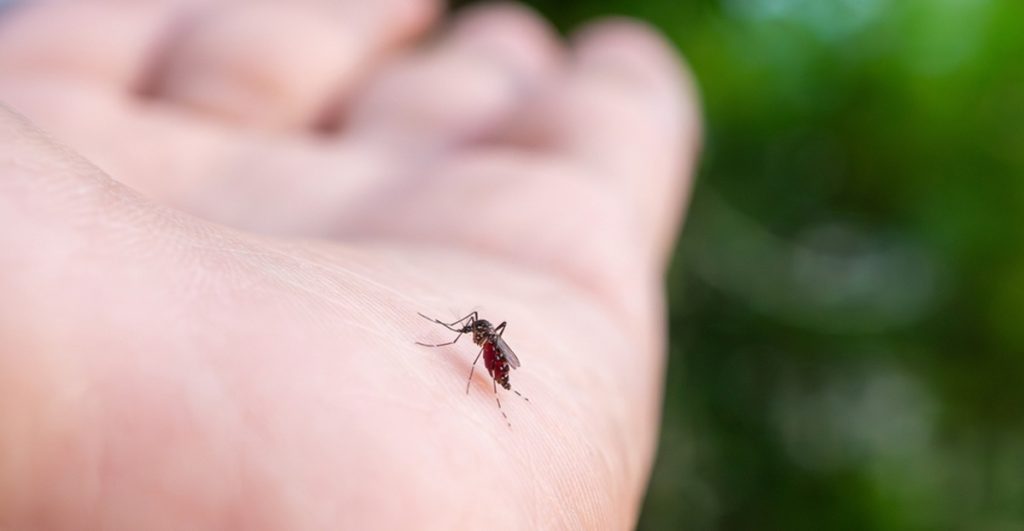
In response, Guangdong authorities are taking a hardline approach.
Residents are being ordered to eliminate stagnant water sources from their homes, or face fines up to 10,000 yuan ($1,400).
The government has even released “elephant mosquitoes”—a species that preys on virus-carrying mosquitoes—and larvicidal fish into city lakes to combat mosquito breeding.
Also read
High-tech surveillance, including drones, is being used to detect water accumulation in urban areas.
While initial restrictions also included 14-day quarantines for travelers from Foshan, these measures have since been lifted after public backlash.
“Is This Really Necessary?”
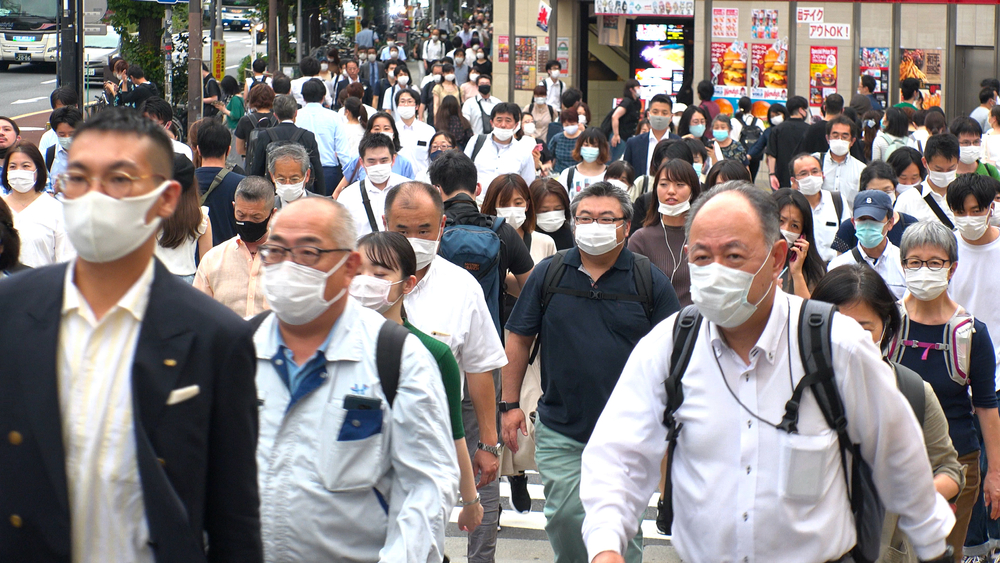
Many Chinese citizens have taken to social media to voice their frustration over what they see as an overreaction.
Comparisons to the Covid-19 lockdown era are rife, with users questioning the logic of quarantine measures for a virus that cannot spread through human contact.
“What’s the point of quarantine? It’s not like an infected person starts biting other people,” one Weibo user wrote sarcastically.
Also read
What is Chikungunya?

Chikungunya was first identified in Tanzania in 1952.
The virus has since been reported in over 110 countries, spreading primarily through Aedes mosquitoes. While deaths are rare, the virus can cause debilitating joint pain, especially in vulnerable groups such as newborns, the elderly, and people with chronic illnesses.
There is currently no vaccine or specific antiviral treatment.
The World Health Organization emphasizes that the most effective prevention method is the elimination of stagnant water, which serves as a breeding ground for mosquitoes.

